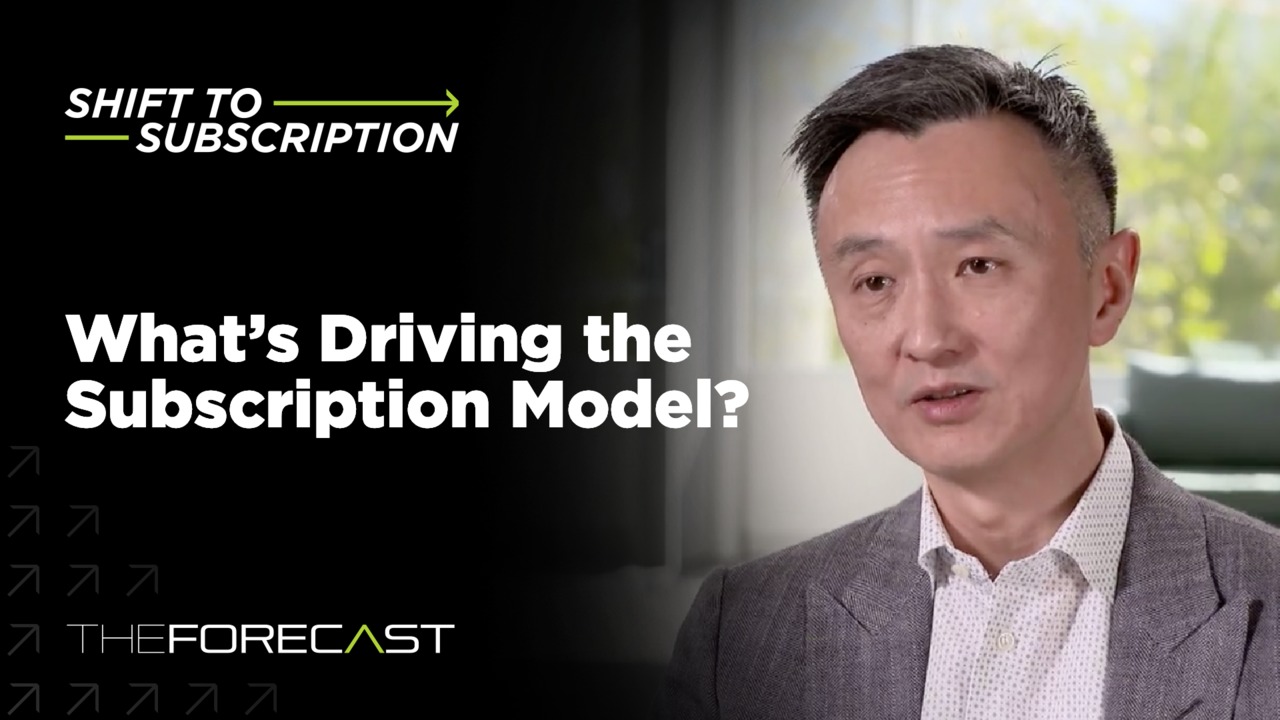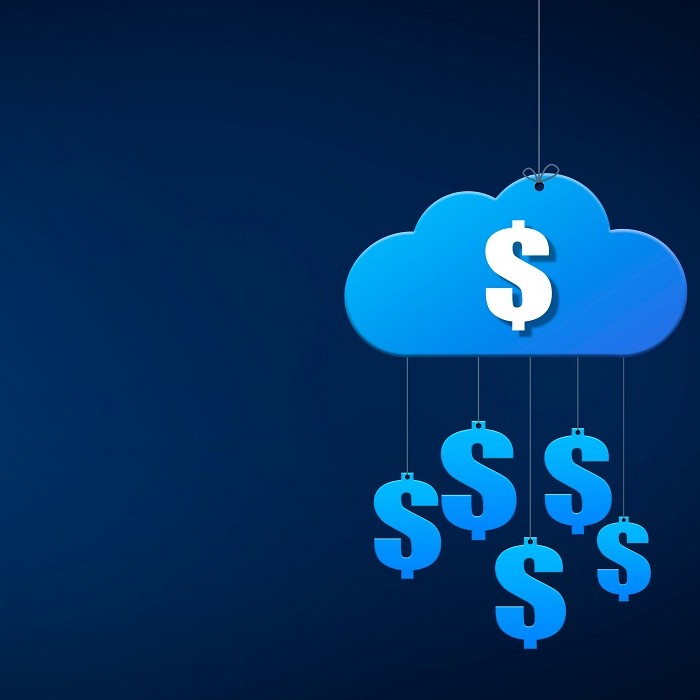“You’re responding to customer desires in almost real time,” he said. “You’re building agility into your engineering, into your sales, into your marketing. It’s important not to see it as a transformation led by one department, but to see it as a whole cultural transformation. And that type of transformation has to come from the top.”
In the End, the Move Benefits Everybody
It isn’t just companies that benefit from a move to a subscription model.
“For the engineers, they have so much more data about how their customers are using their product,” said Tzuo. “Sales teams can focus on keeping customers happy, and the orders are going to come in.”
He said marketing used to do advertisements with a brand promise that might or might not be delivered by the product. “Today, marketing is creating an experience with the engineers, the salespeople are building deep customer relationships, and the finance department has predictable revenue they can bank on as they do their annual planning. It’s simply a much, much better way to build these businesses.”
Enterprise cloud software company Nutanix is a Zuora client. As Nutanix evolved from an IT hardware and software company to focus on software in 2018, company leaders also moved the company from traditional software licensing to a subscription business model.
“Nutanix is one of the poster children of the shift to subscriptions,” Tzuo said.
After just five quarters into the new business model, subscriptions accounted for 82% of revenue. Nutanix CEO Dheeraj Pandy said subscriptions can be more convenient for customers, giving them agility required to meet changing needs. “Beyond the IT industry, we expect zero companies with anything other than a subscription business model will go public in 2020 and beyond,” Pandey told VMBlog.
“It really takes a commitment from the top,” Tzuo said. “It really takes consistency in the strategic direction of the messaging and a keen focus on customers.”
He said every business must create a value proposition that gets customers to say: I'm signed up and I would like to be a customer for life. “When that's at the heart of what you're doing, certainly Nutanix is doing that, the rest of it will work out.”
From all the business leaders Tzuo talks to, and all the research his company does daily, he remains convinced that the subscription economy will shape the future of every business — and probably much sooner than most people think.
“Once you move to a subscription-based business model, you’re never going to want to go back, because it’s better for everybody across the board.”














